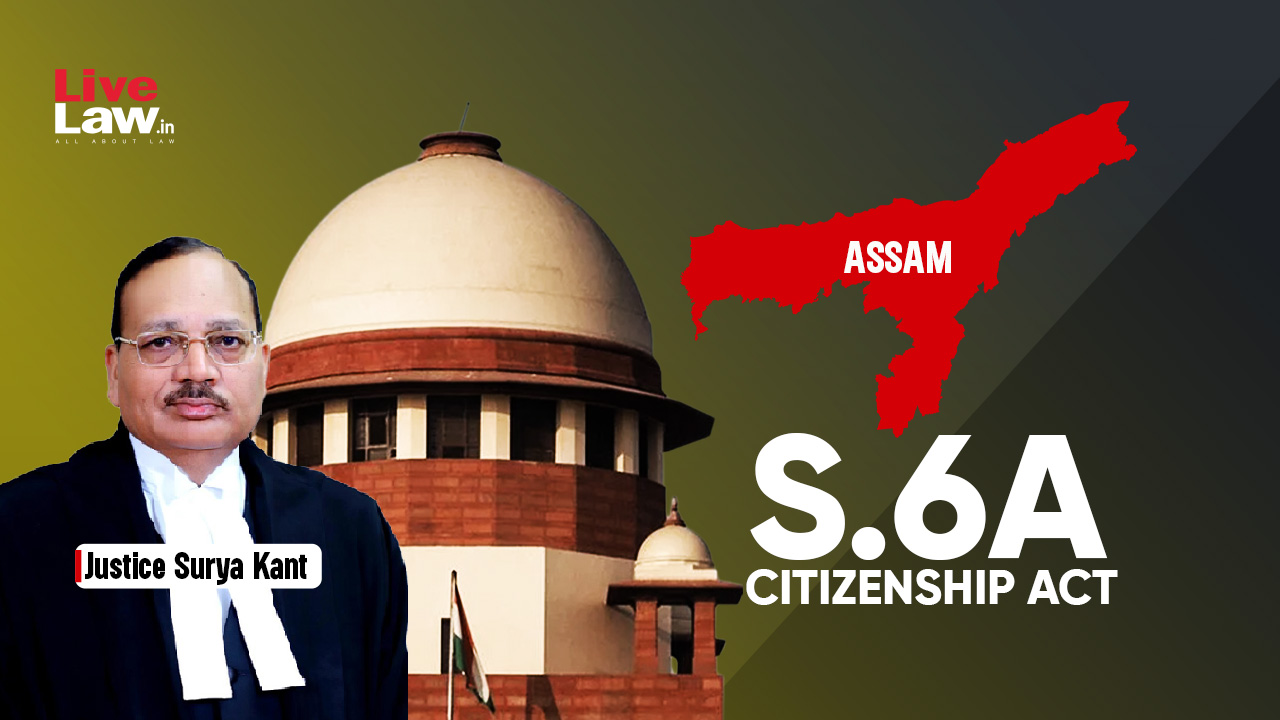 |
|
The Supreme Court of India has delivered a landmark ruling on the constitutional validity of Section 6A of the Citizenship Act, 1955. This provision, which allows individuals who migrated to Assam from Bangladesh before March 25, 1971, to seek Indian citizenship, has been a subject of intense debate and legal challenges. In a 4-1 majority decision, the court upheld the validity of Section 6A, rejecting the argument that it violates the concept of 'fraternity' enshrined in the Indian Constitution.
The petitioners, indigenous groups from Assam, argued that the term 'fraternity' should be interpreted in the context of national unity and integrity. They contended that the influx of immigrants from Bangladesh threatened the cultural demography of Assam and undermined the principle of fraternity among Indian citizens. However, the court dismissed these arguments, emphasizing that fraternity cannot be interpreted in a way that allows people to 'choose their neighbors' or exclude large sections of the population.
The judgment authored by Justice Surya Kant, on behalf of a majority of the bench, delved into the meaning of 'fraternity' as envisaged by the Constitution. The court drew upon historical precedents and the writings of Dr. B.R. Ambedkar, who played a pivotal role in drafting the Constitution. The court emphasized that fraternity, as a constitutional principle, promotes inclusivity and interconnectedness among Indians, regardless of their background. It is meant to foster social cohesion and discourage exclusiveness.
The court found that the petitioners' attempt to use fraternity as an argument to disenfranchise individuals who had acquired citizenship through Section 6A was 'antithetical' to the very essence of the principle. The court reiterated that fraternity encourages intermingling and interaction among people of different backgrounds, promoting a 'live and let live' approach. The judgment highlighted that the petitioners' interpretation of fraternity as a means to maintain a homogeneous social structure was contrary to the inclusive spirit of the Constitution.
This ruling has significant implications for the ongoing debate surrounding immigration and citizenship in India. The court's interpretation of fraternity as a principle promoting inclusivity and diversity sets a precedent for future legal challenges involving similar issues. The decision upholds the constitutional validity of a key provision in the Citizenship Act, allowing individuals who have migrated to India to acquire citizenship through a legal process. It also emphasizes the importance of recognizing and embracing the diversity of India's population as a cornerstone of national unity and social harmony.
